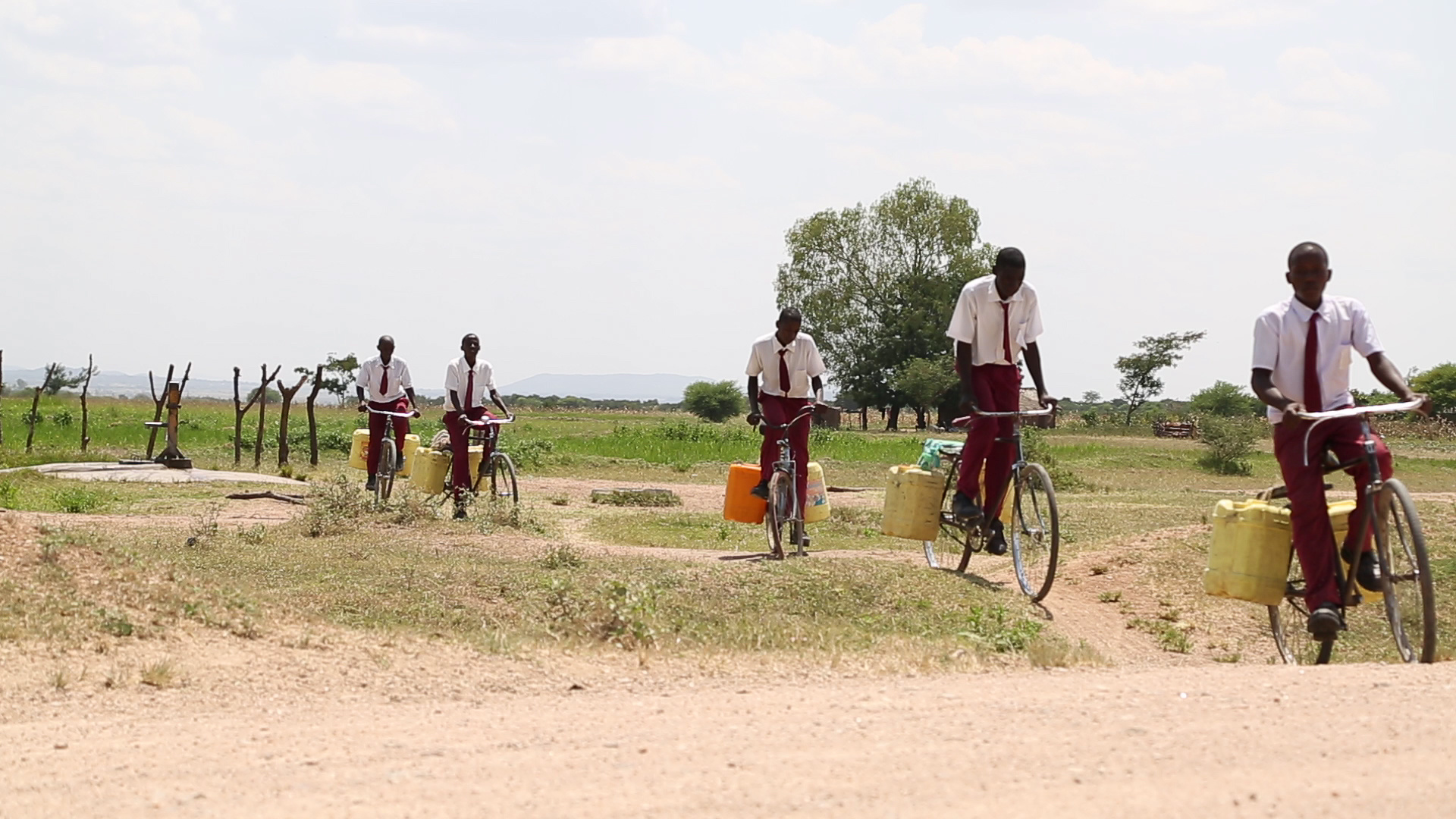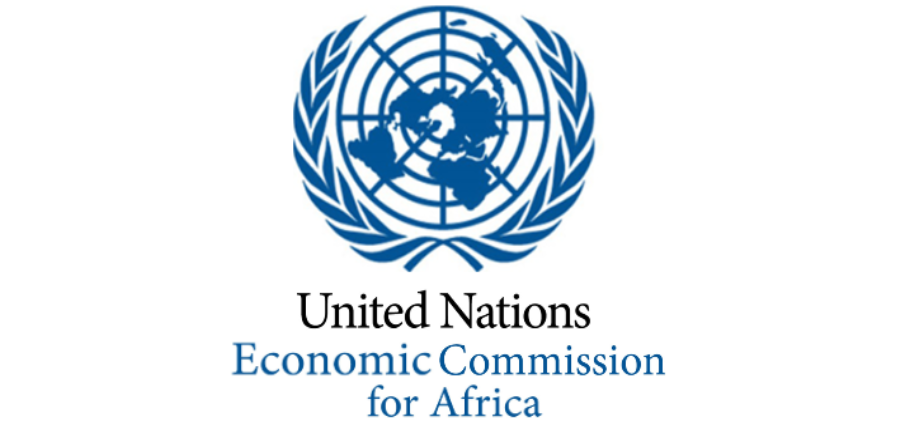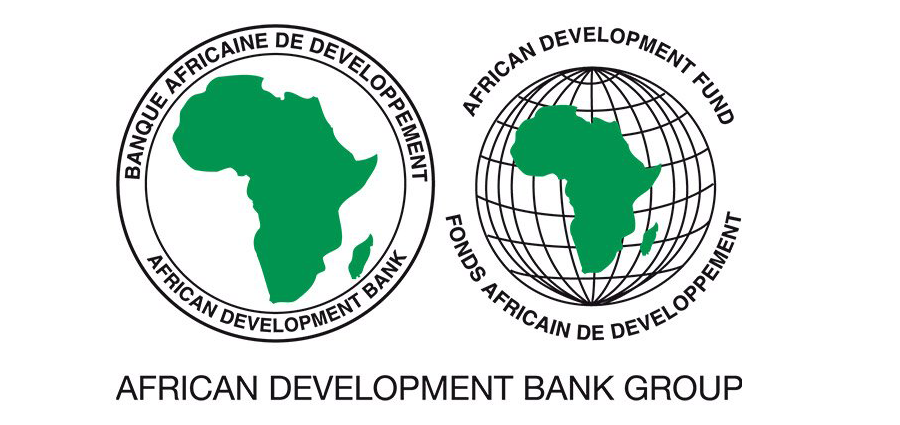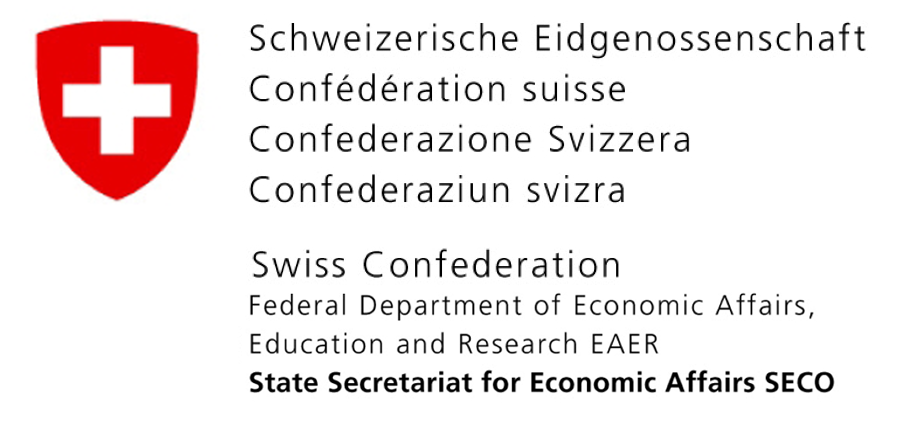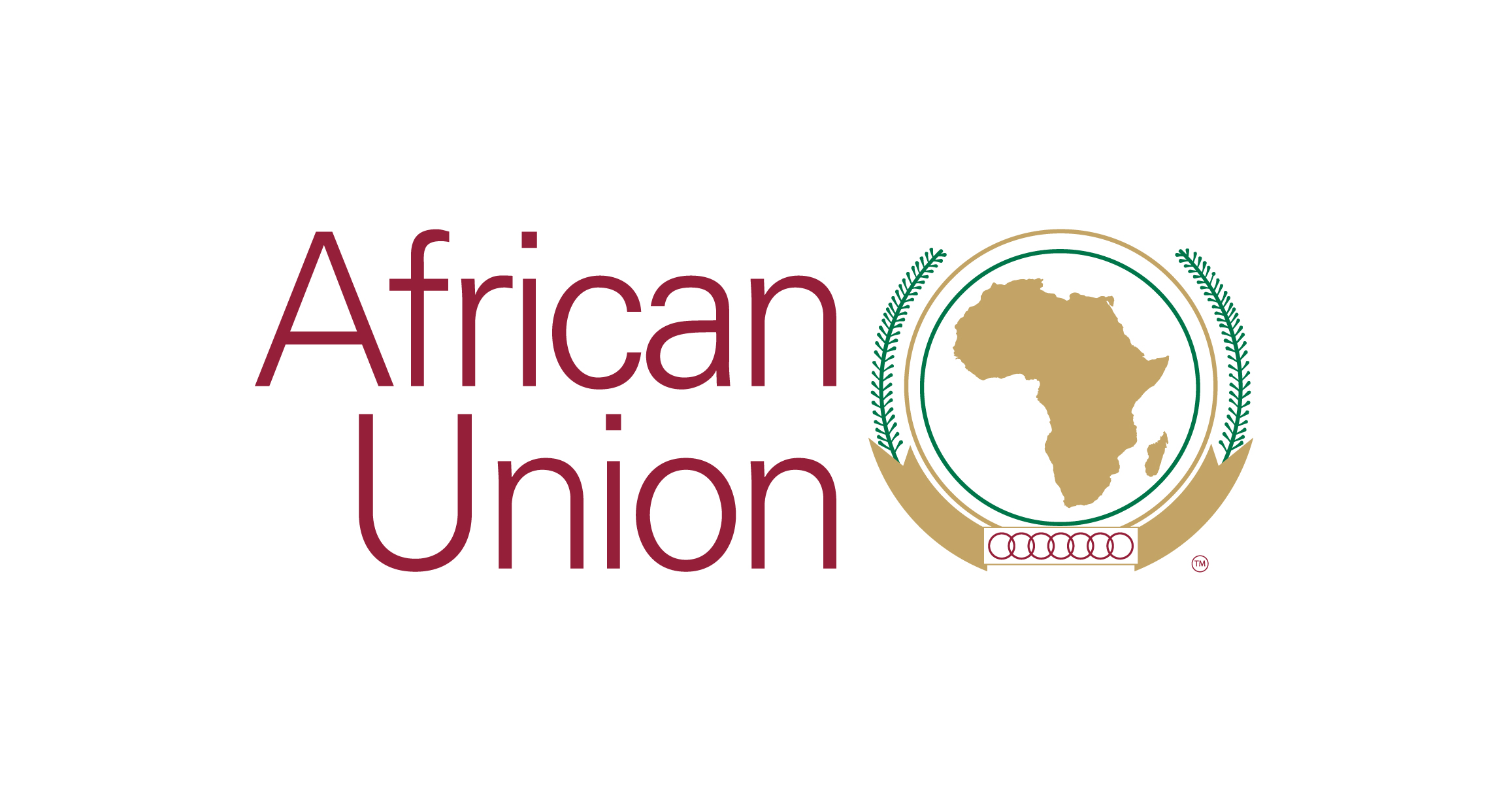Joint WB-SSATP Note on COVID-19 and Public Transport in Africa
The COVID-19 pandemic is leading to an unprecedented global economic recession and widespread social distress. Despite its late arrival in Sub-Saharan Africa, COVID-19 is spreading rapidly and measures to fight its spread have caused severe economic and social impacts. From aviation to logistics and public transport, COVID-19 has completely upended the transport sector. In fact, public transport has been among the hardest hit industries.
